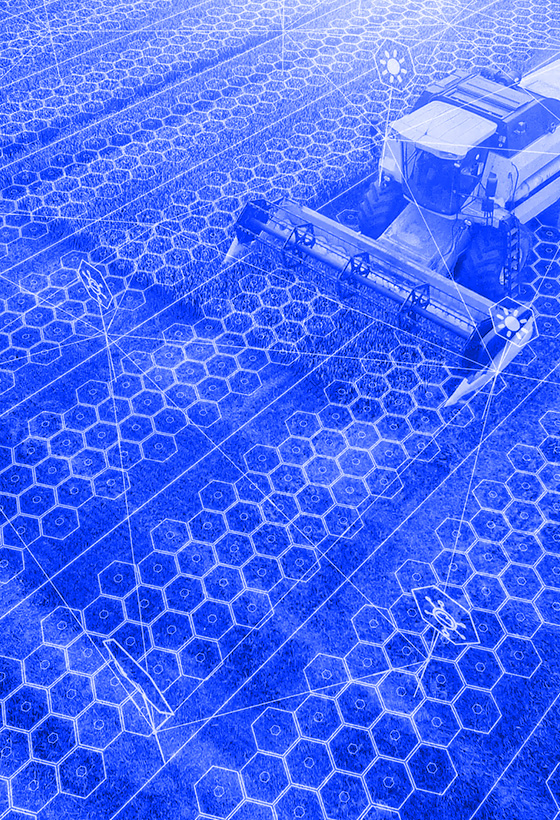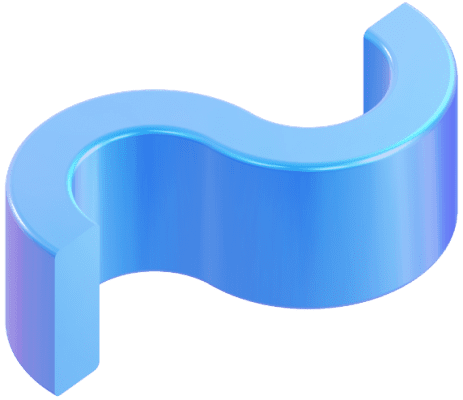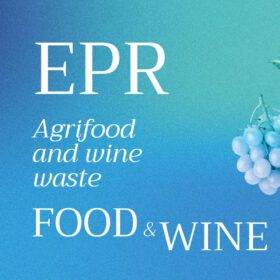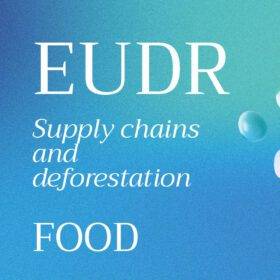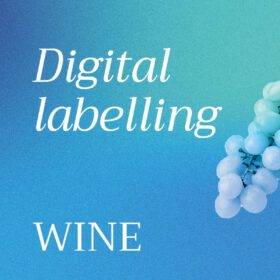This article explores the obligations introduced by the EUDR and the solution designed for cocoa, coffee, soy, and the food supply chains that rely on them. The EU Deforestation Regulation (EUDR) introduces new due diligence obligations for companies operating in the European market, with the aim of preventing deforestation and environmental degradation. The food chain appears to be particularly affected, with cocoa, coffee, soy, palm oil and cattle being the main categories concerned..
Reading time: 4 minutes
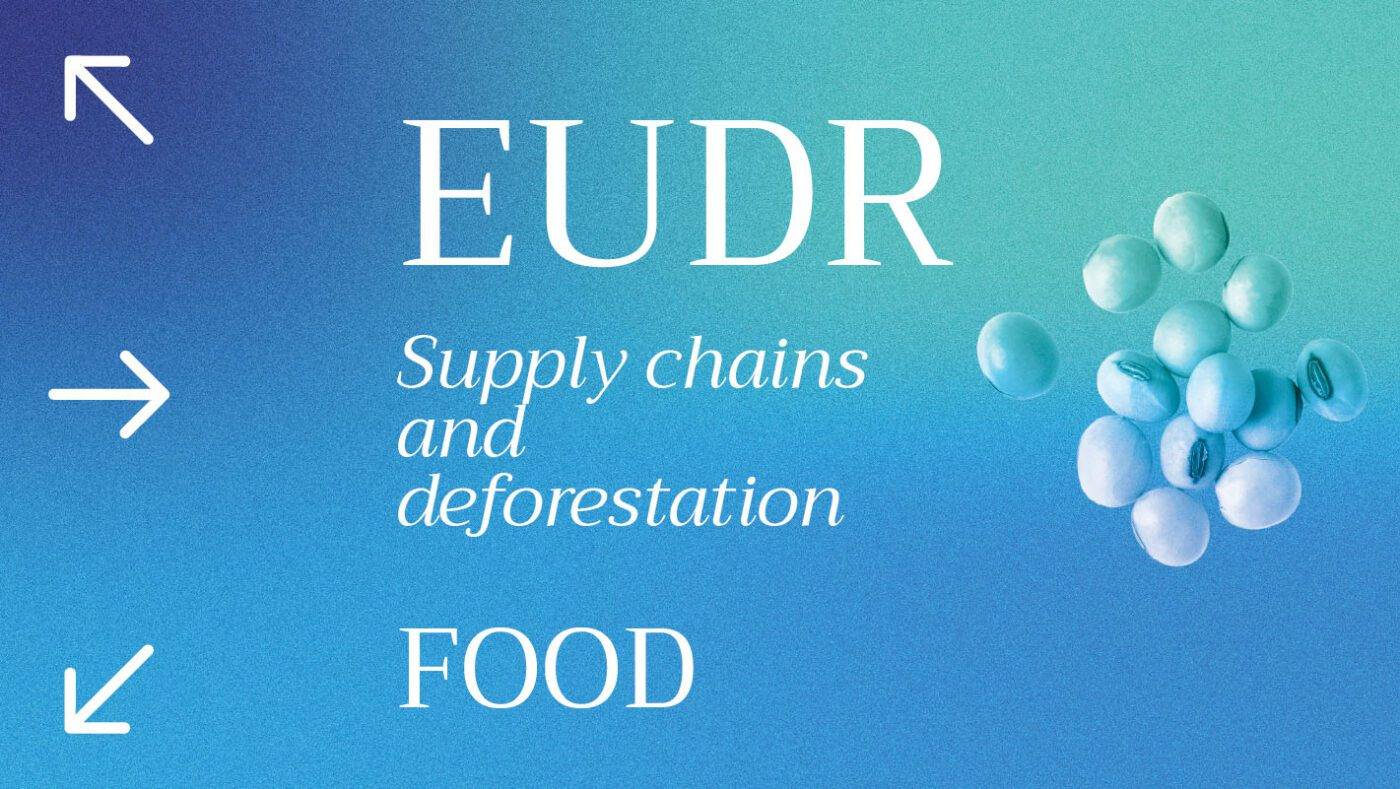
Index
- Main requirements for products in the food chain
- EUDR Regulation: obligations for cocoa, coffee, soy, and palm oil
- Deadlines approaching: when companies in the food sector must meet EUDR requirements for cocoa, coffee, soy, and palm oil
- Penalties for non-compliance with the EUDR regulation on cocoa, coffee, soy, and palm oil
- EZ Lab: Your partner for EUDR compliance in the food supply chain for cocoa, coffee, soy, and palm oil
- Discover the other EU Regulations in the food, wine and beverage sectors
Main requirements for products in the food chain
The EUDR requires products to meet three conditions:
- are “zero deforestation” and therefore originate from areas not subject to deforestation after 30 December 2025;
- have been produced in accordance with the laws of the country of origin;
- are covered by a due diligence declaration.
EUDR Regulation: obligations for cocoa, coffee, soy, and palm oil
Under the EUDR regulation for cocoa, coffee, soy, and palm oil, companies operating within the European food supply chain will be required to implement due diligence processes, including:
- Collection of information, attesting to the conformity of the product.
- Risk assessment of deforestation, environmental degradation and compliance with legislation. If the risk appears to be significant, implement corrective measures to mitigate it.
- When the risk of non-compliance is zero or negligible, issue a due diligence declaration.
For products from countries classified as “low risk” (a classification to be established by the European Commission by 2025), it will be possible to apply simplified due diligence, collecting only basic product information.
Deadlines approaching: when companies in the food sector must meet EUDR requirements for cocoa, coffee, soy, and palm oil
The EUDR regulation will come into force gradually:
- From December 30, 2025: for medium-sized and large companies in the food chain sector.
- From June 30, 2026: for small and micro enterprises.
Penalties for non-compliance with the EUDR regulation on cocoa, coffee, soy, and palm oil
The sanctions provided for non-compliance with the provisions of the EUDR Regulation are significant and include:
- Financial penalties.
- Confiscation of non-compliant products.
- Temporary exclusion from public procurement procedures and public funding.
- Publication of sanctions, damaging the reputation of the company.
- Suspension of activity in the most serious cases, with the impossibility to apply simplified due diligence.
EZ Lab: Your partner for EUDR compliance in the food supply chain for cocoa, coffee, soy, and palm oil
Through our software platform, the support of our legal team, and collaboration with certifying partners, we help you meet your obligations under the EUDR Regulation for the food sector on time. Once you have obtained the necessary certifications and gathered the required information, you can integrate and enhance them within Made in Block’s Digital Product Passport (DPP), powered by blockchain technology and artificial intelligence. A QR code or NFC tag is all it takes to access the traceability of the food supply chain and the data securely recorded on the blockchain, which can be shared across the entire supply chain and with the final consumer. In this way, the product becomes a powerful communication tool, certifying sustainability and strengthening your brand’s positioning in the food market.
Looking to align your company with the EUDR Regulation? Get in touch for a personalized consultancy!
Discover the other EU Regulations in the food, wine and beverage sectors
- EPR food sector: the ready-to-use solutionThe European Union is strengthening measures to reduce food waste… >
- EUDR solution for cocoa, coffee, soy, and the food supply chainThis article explores the obligations introduced by the EUDR and… >
- QR Code wine labelling: the fully compliant solutionIf you’re looking for the best solution to generate QR… >
